Tokyo is preparing a plan to maintain a stable trajectory of US-Japan relations in the context of the upcoming US presidential election results.
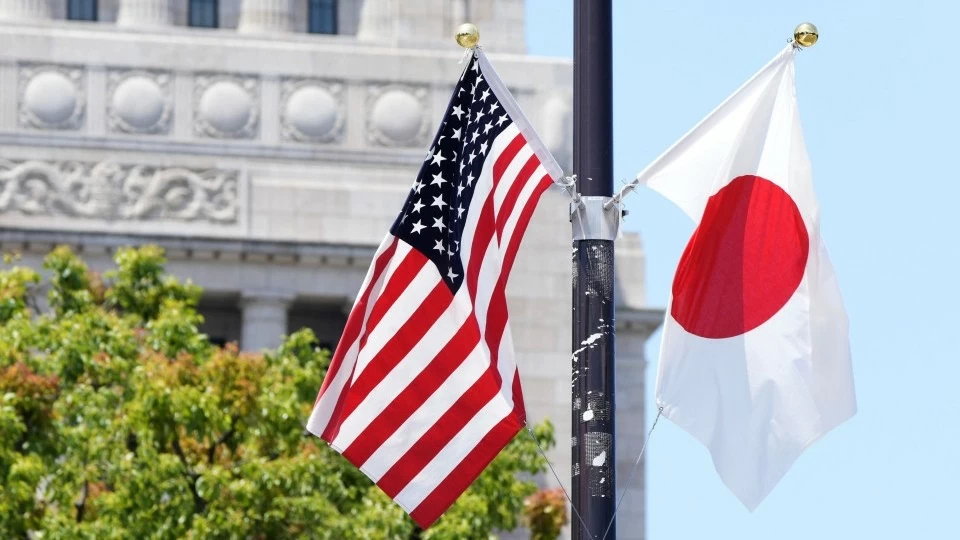 |
| The US has always considered Tokyo a priority partner in Asia. Illustrative photo. (Source: Kyodo News) |
The Center for Strategic and International Studies (CSIS) - a prestigious independent US policy research institute recently released analysis and comments on Tokyo's preparations ahead of the US election.
Accordingly, the US-Japan security alliance has existed and developed strongly over the years under different administrations. In the context of regional security sending out negative signals, Washington is strengthening coordination with Tokyo to supplement deterrence capabilities against Beijing.
Under former President Donald Trump, the White House considered Tokyo a priority partner in Asia and agreed to promote its strategic vision of a free and open Indo-Pacific region, maintaining security, stability and prosperity in one of the world's most dynamic regions. This trend of cooperation accelerated under President Joe Biden and Prime Minister Fumio Kishida.
In that context, according to CSIS analysis, the Land of the Rising Sun is preparing a response plan for US presidential election scenarios. If Republican candidate Donald Trump returns to the White House, Tokyo will seek to maintain a unified stance with Washington in its tough approach to China, while minimizing Trump’s unilateral policy on the North Korea issue and lobbying Pyongyang to increase cooperation.
As the top US trading partner, the East Asian nation will strive to maintain foreign investment and strengthen Washington's leadership role in the international economic system in the face of the prospect of Mr. Trump re-imposing trade defense policies.
In addition, the new Prime Minister Ishiba Shigeru administration is likely to upgrade the domestic defense industry to reduce dependence on the US, as well as encourage the White House to strengthen alliances with regional partners, including Australia and the Quad group.
On the contrary, CSIS experts believe that if Kamala Harris wins the election, Tokyo expects to continue the momentum of bilateral relations, closely monitoring the Democratic candidate's approach to China, economic policies, and partnership building in the Indo-Pacific region.
In addition, the Ishiba Shigeru administration will lobby Ms. Harris to implement a progressive economic policy, reducing concerns about the scenario of the US withdrawing from the multilateral trading system, which would force Japan and other countries to rebuild new economic rules and standards without Washington's leadership.
Regardless of who wins in November, Japan will remain America’s indispensable partner in the Indo-Pacific region. No other ally of Washington has the capacity to shape the regional rules-based order as strongly as Tokyo.
Therefore, the White House needs to strengthen relations with East Asian countries and like-minded countries, in order to maintain the central role of the US-led alliance network in ensuring regional peace and prosperity.
On that basis, according to CSIS, the next US President can consider some of the following policy suggestions:
One is to enhance the alliance’s interoperability. During Prime Minister Fumio Kishida’s visit to Washington in April 2024, the United States and Japan agreed to a commitment to upgrade the alliance command structure, which would enhance the ability of their militaries to coordinate in the event of an emergency. The new U.S. president should seek to bolster this mechanism by asking Congress to provide funding and sustain defense industry cooperation.
Second, strengthen the Indo-Pacific partnership network. The United States and Japan have recently made progress in building links with third-party partners, including South Korea, Australia, and the Philippines, thereby preventing China from trying to divide Washington’s alliance network in the region. In addition, mechanisms such as the Quad should play a role in providing funding to developing countries for a stable and prosperous future in the Indo-Pacific.
Source: https://baoquocte.vn/dinh-hi-nh-cuc-dien-quan-he-my-nhat-truoc-the-m-ba-u-cu-290876.html



![[Photo] National Assembly Chairman Tran Thanh Man attends the ceremony to celebrate the 1015th anniversary of King Ly Thai To's coronation](https://vstatic.vietnam.vn/vietnam/resource/IMAGE/2025/4/13/6d642c7b8ab34ccc8c769a9ebc02346b)

![[Photo] Prime Minister Pham Minh Chinh chairs the Government's special meeting on law-making in April](https://vstatic.vietnam.vn/vietnam/resource/IMAGE/2025/4/13/8b2071d47adc4c22ac3a9534d12ddc17)
![[Photo] National Assembly Chairman Tran Thanh Man attends the Policy Forum on Science, Technology, Innovation and Digital Transformation](https://vstatic.vietnam.vn/vietnam/resource/IMAGE/2025/4/13/c0aec4d2b3ee45adb4c2a769796be1fd)

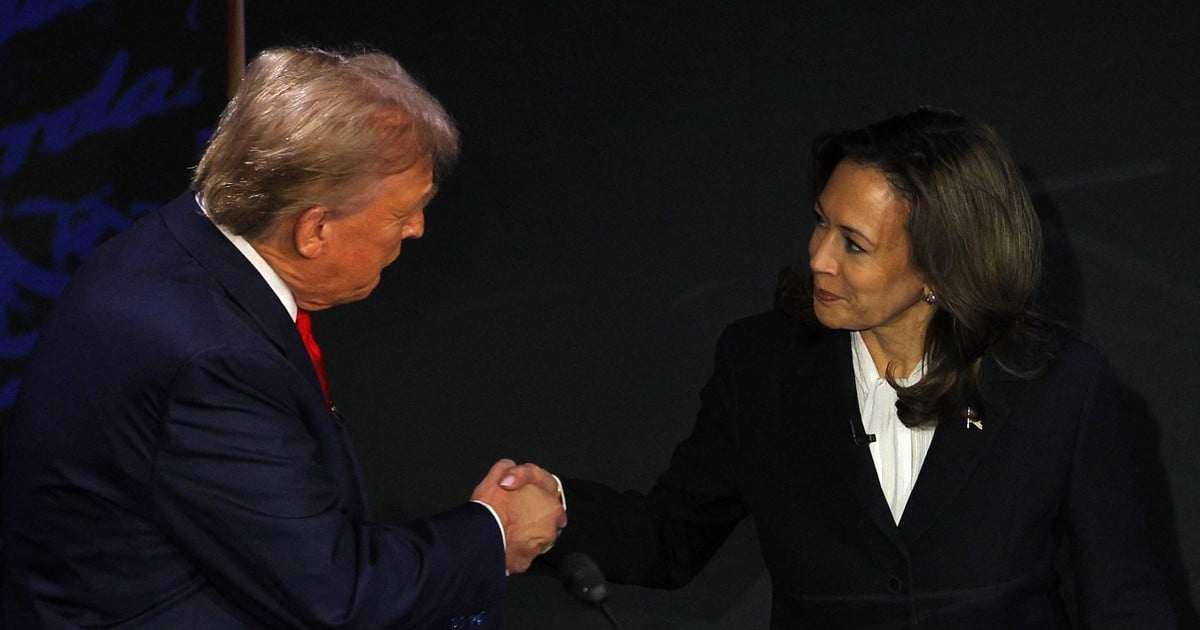

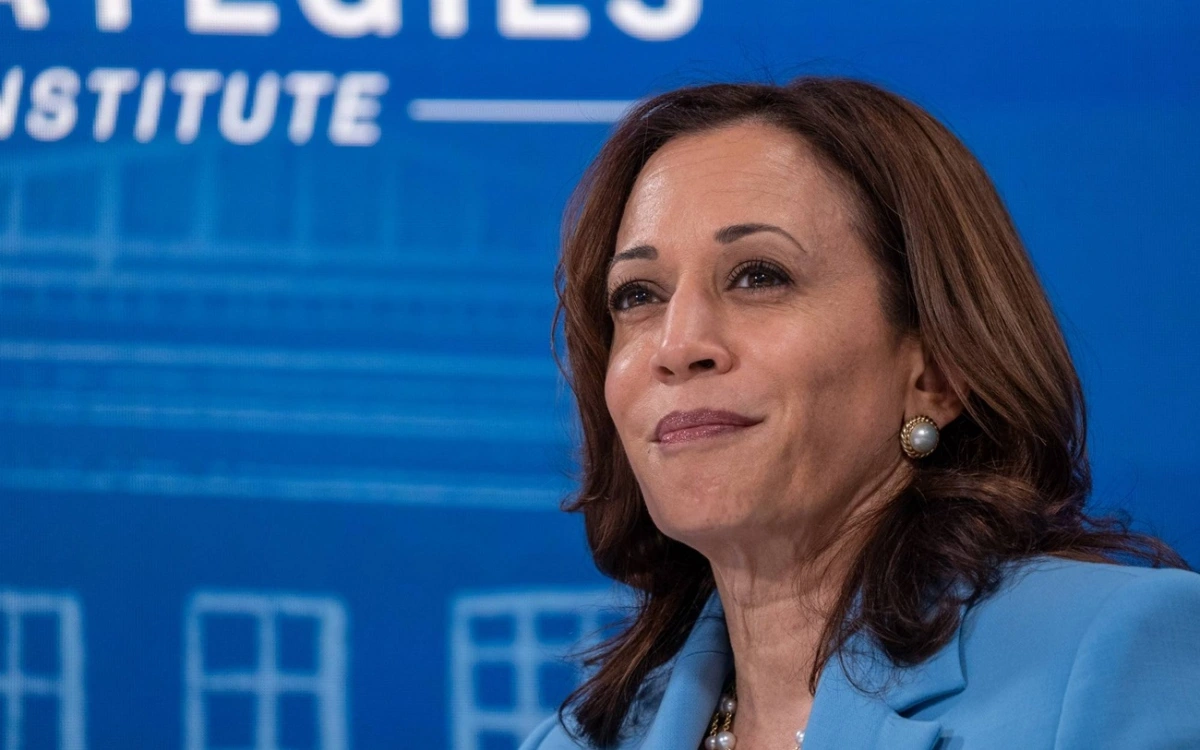

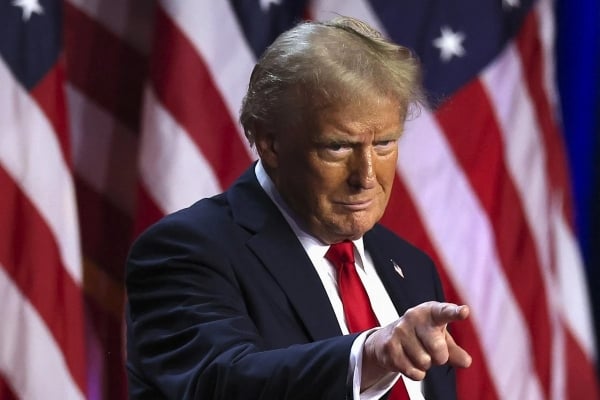
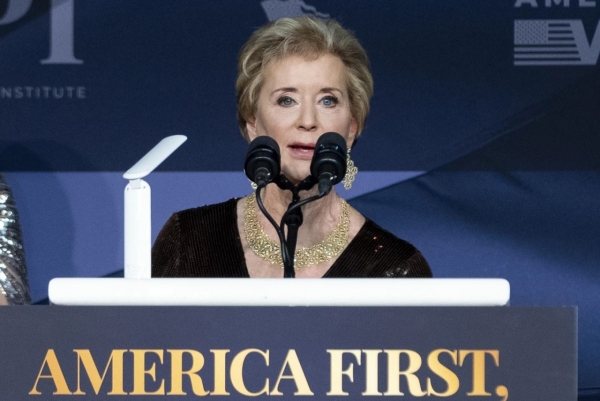
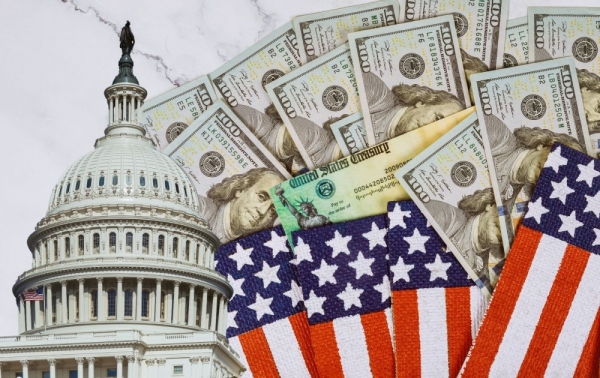


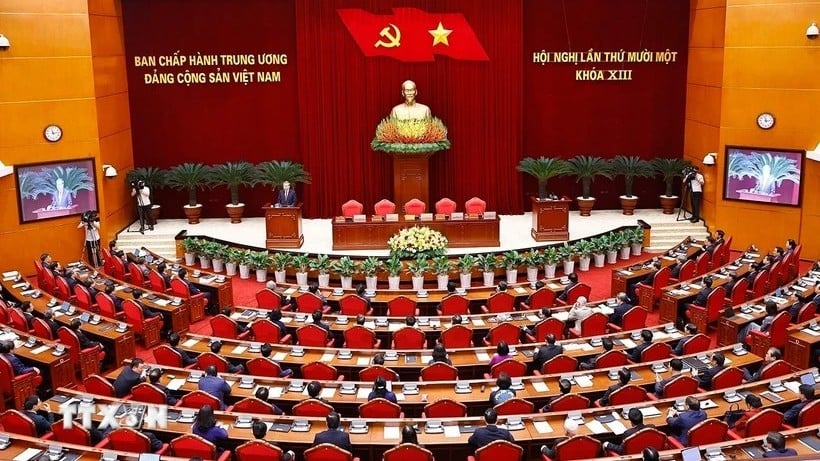








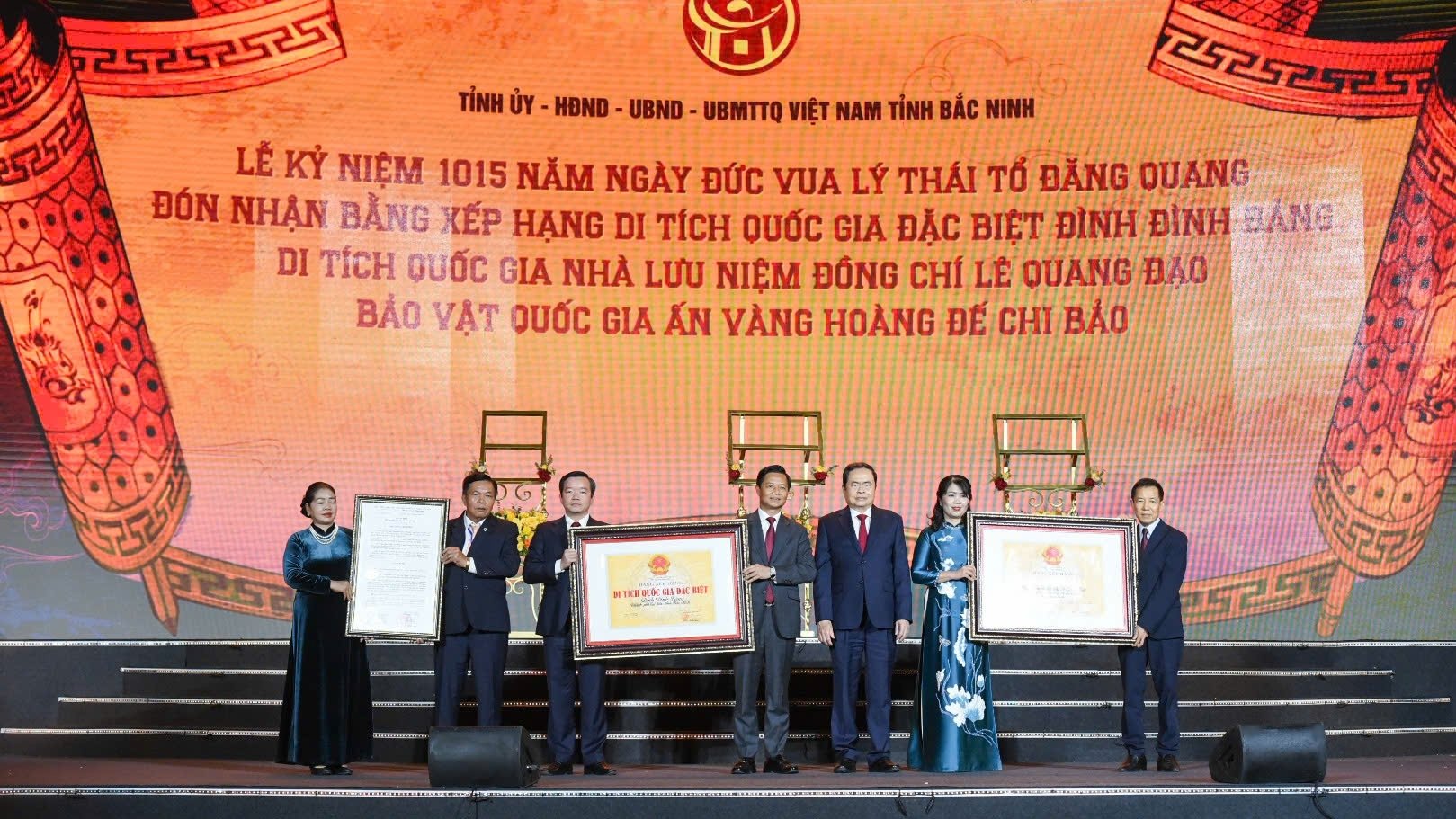
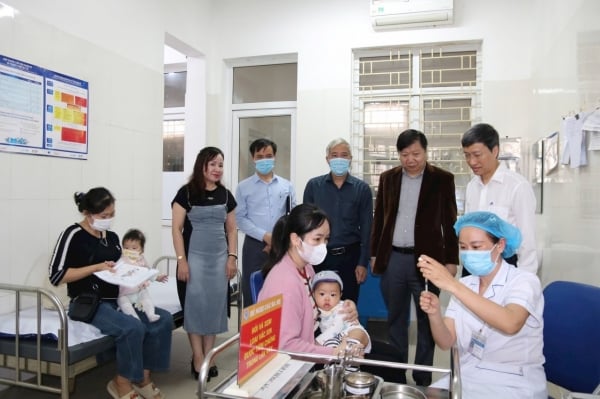


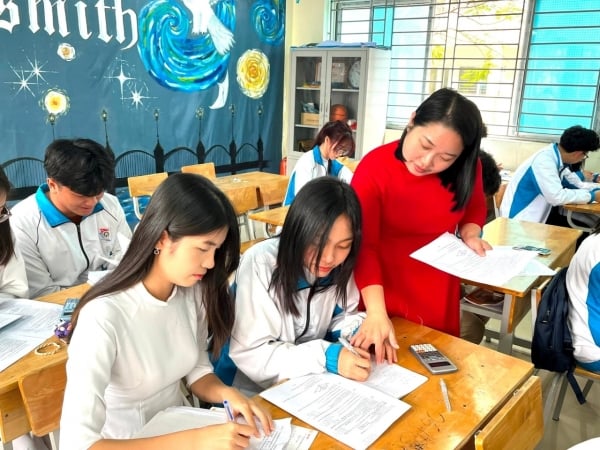
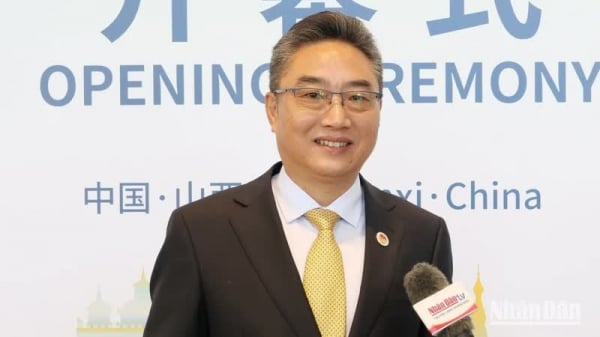
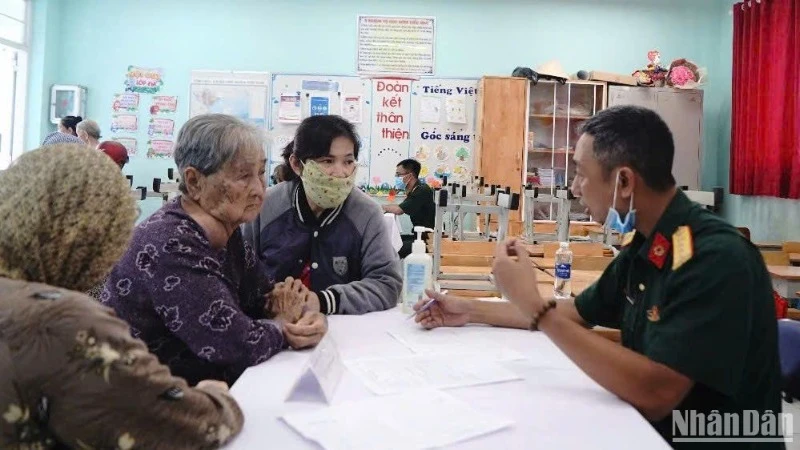














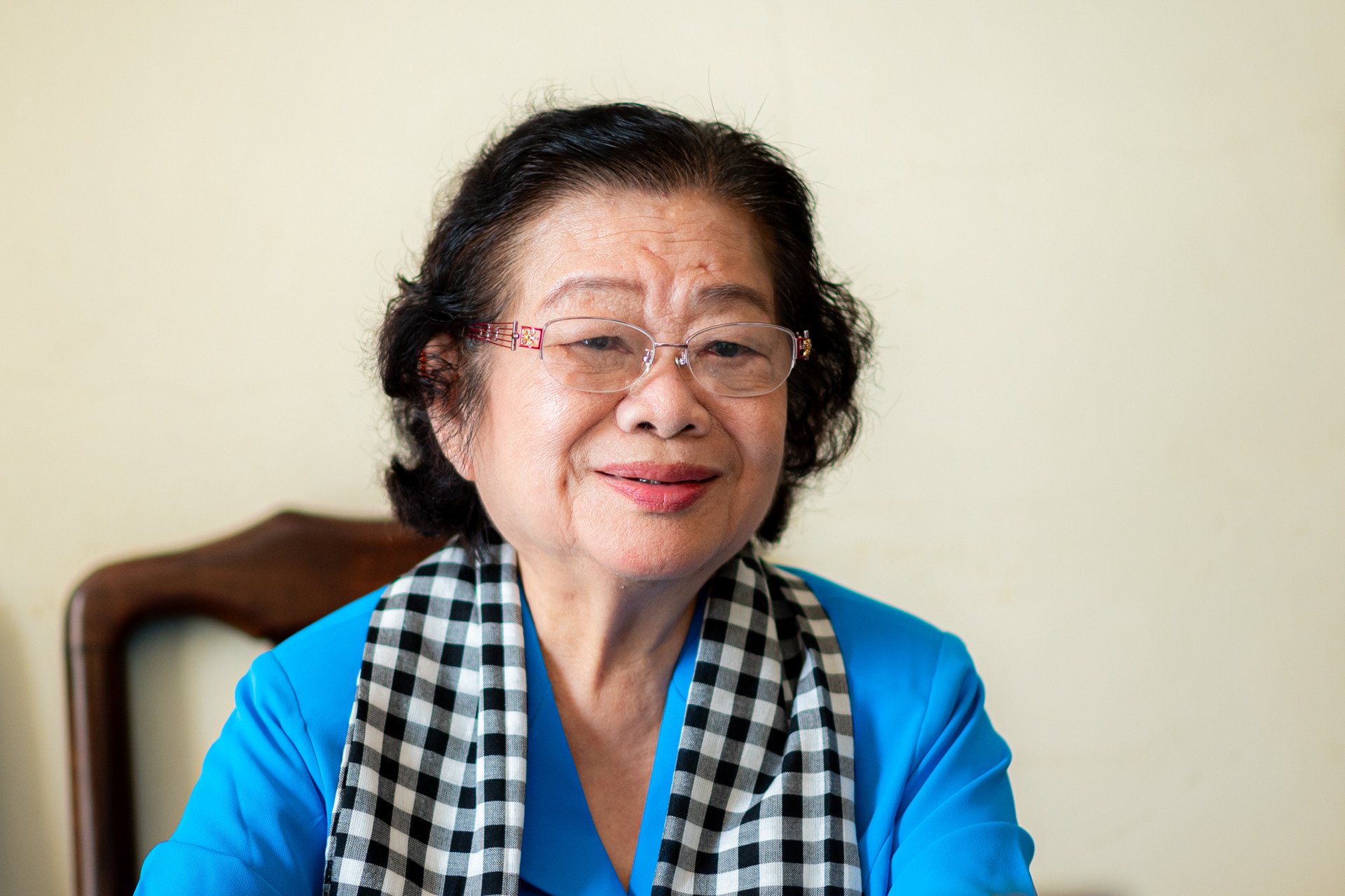















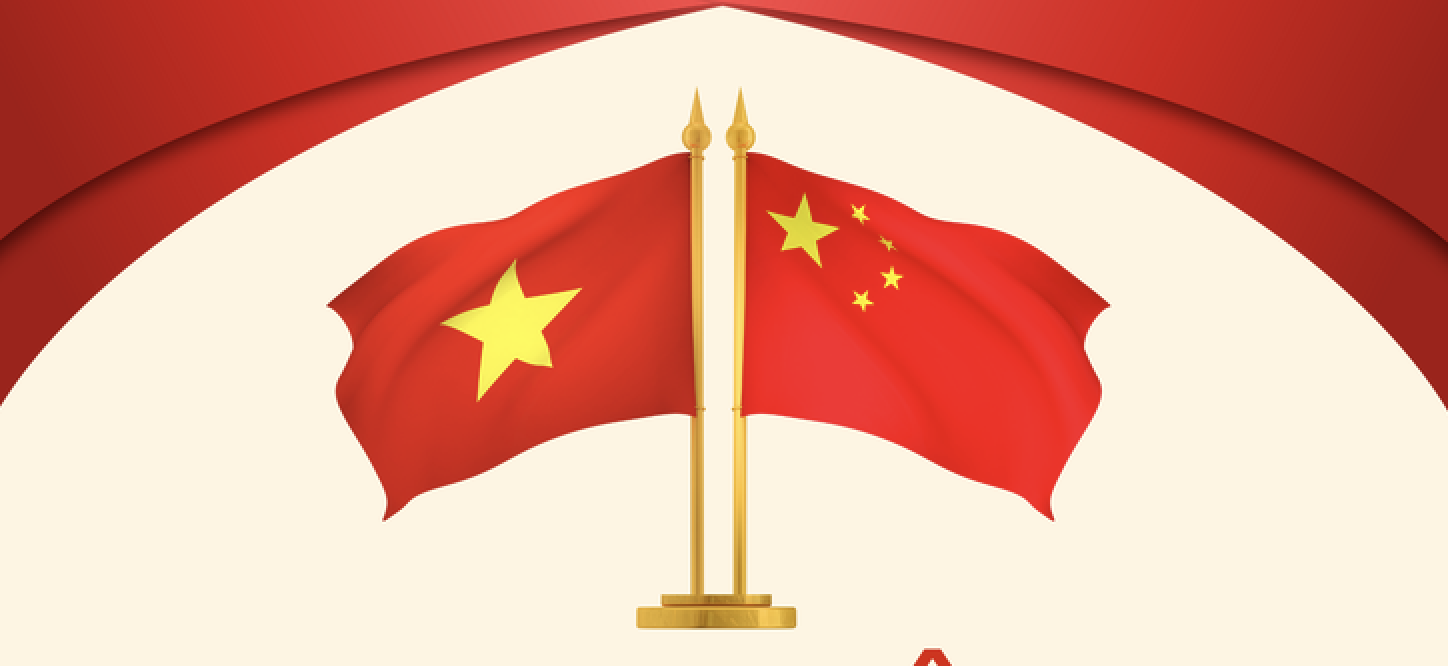
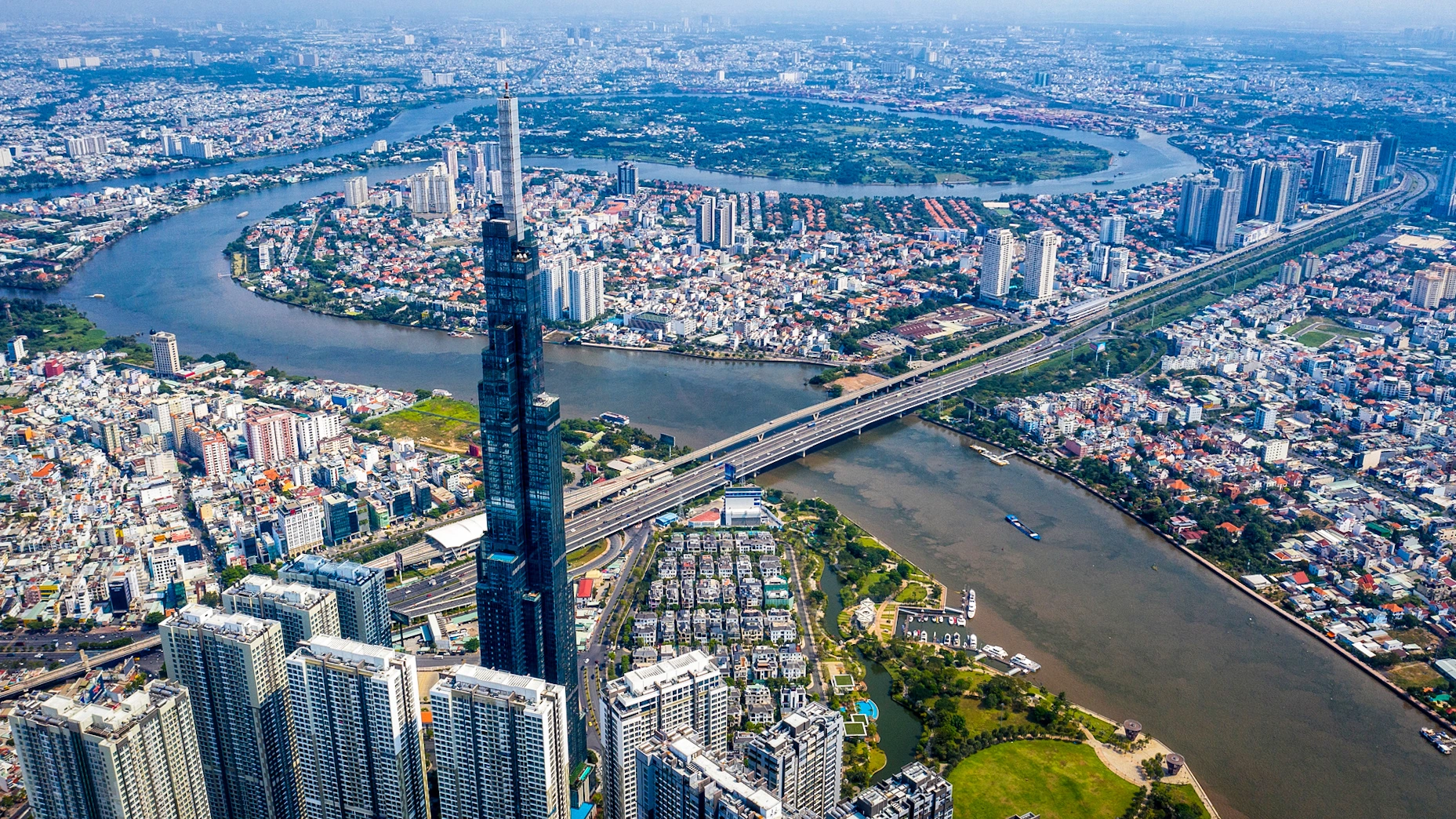






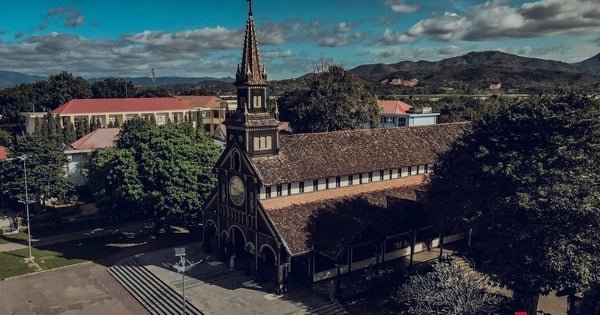

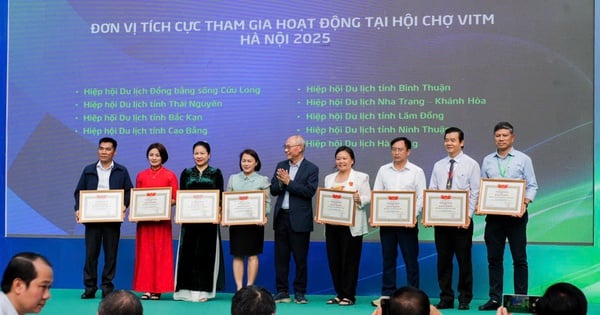






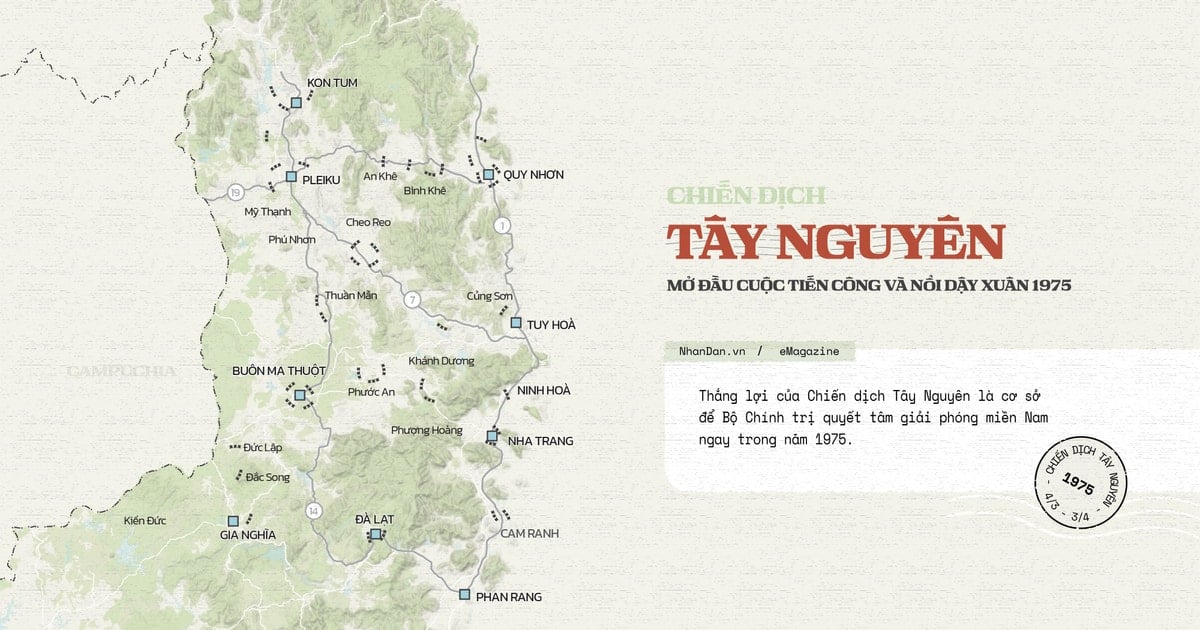
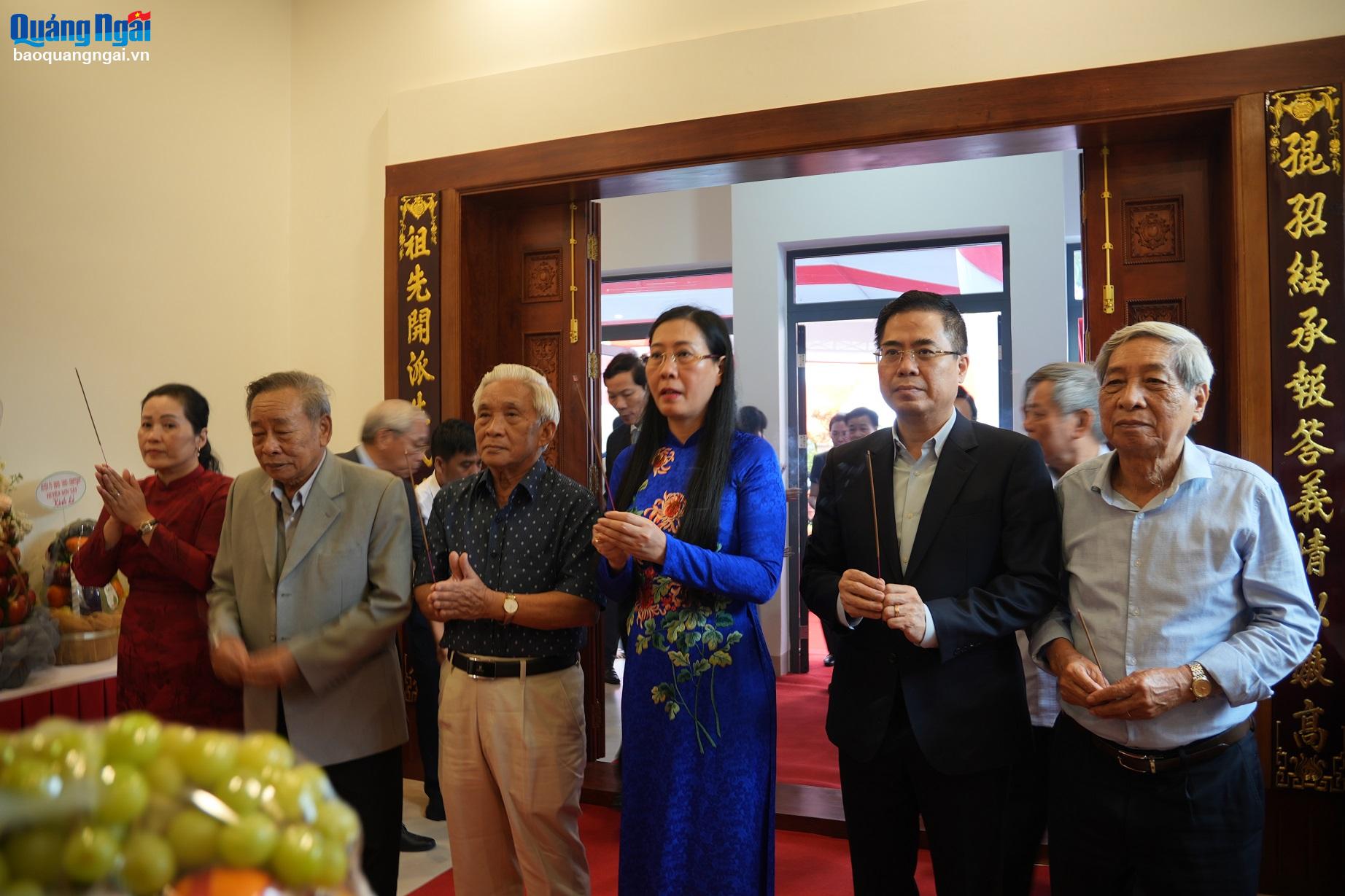
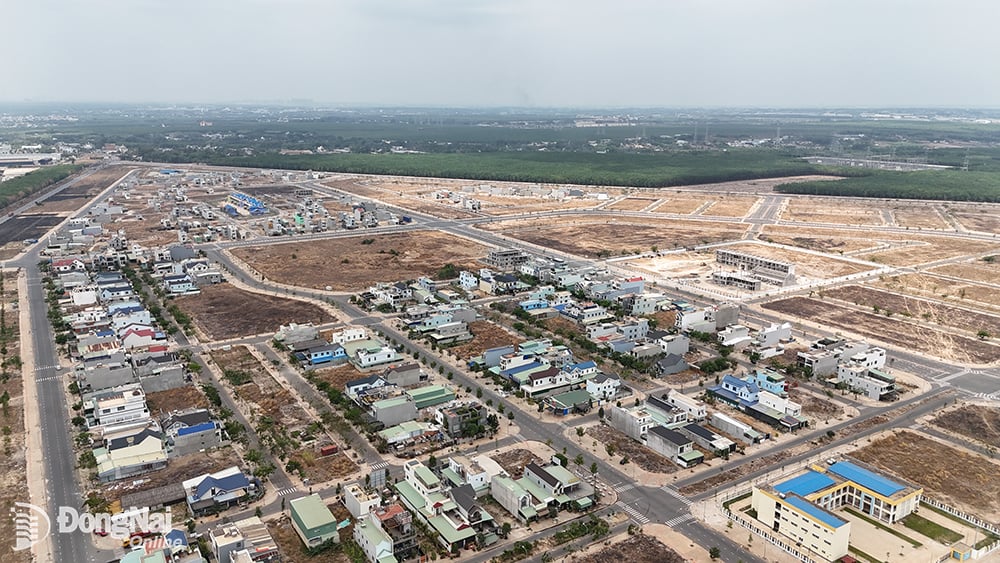

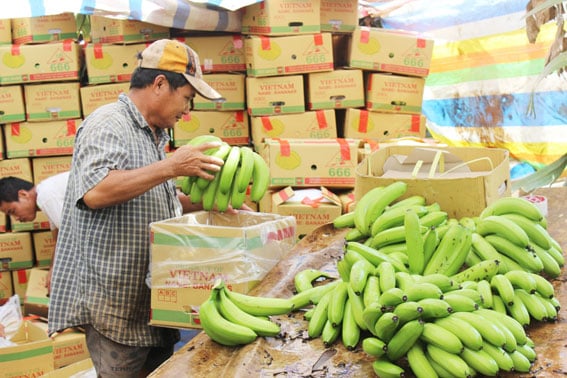











Comment (0)